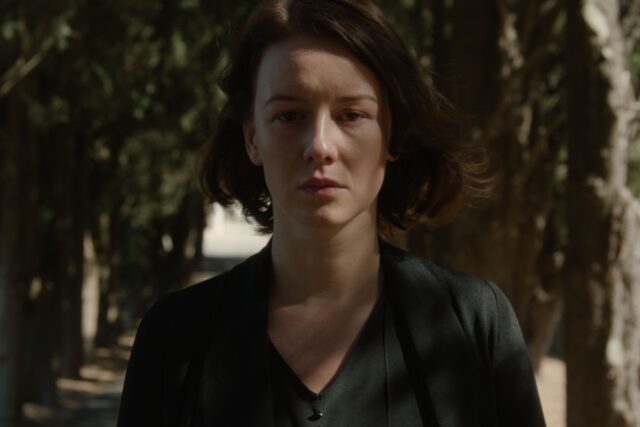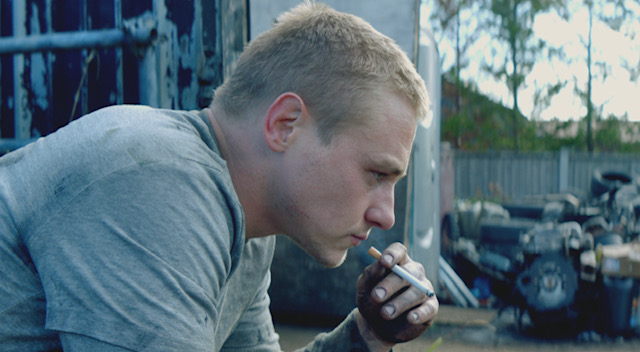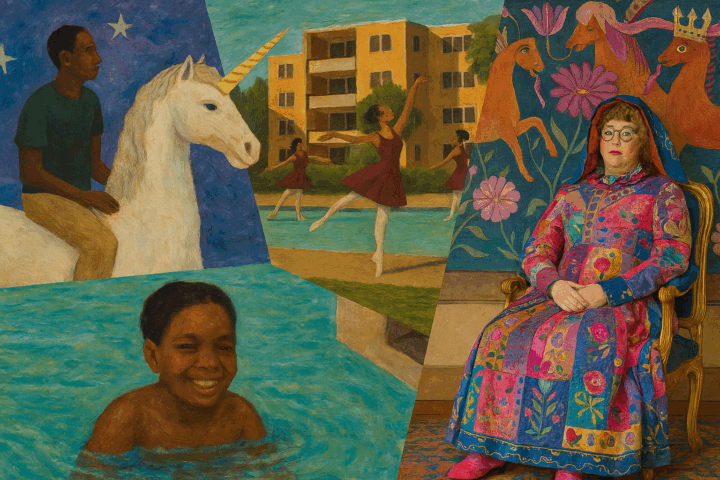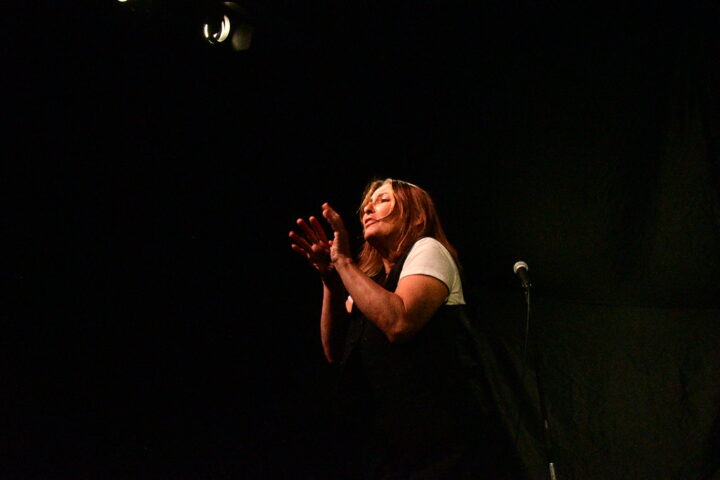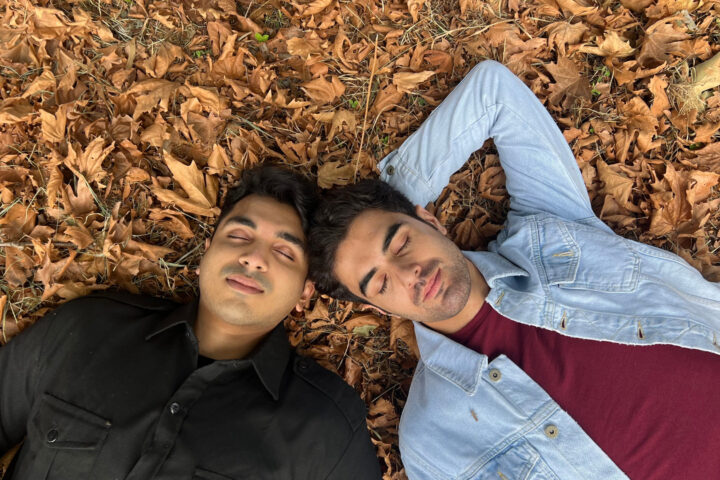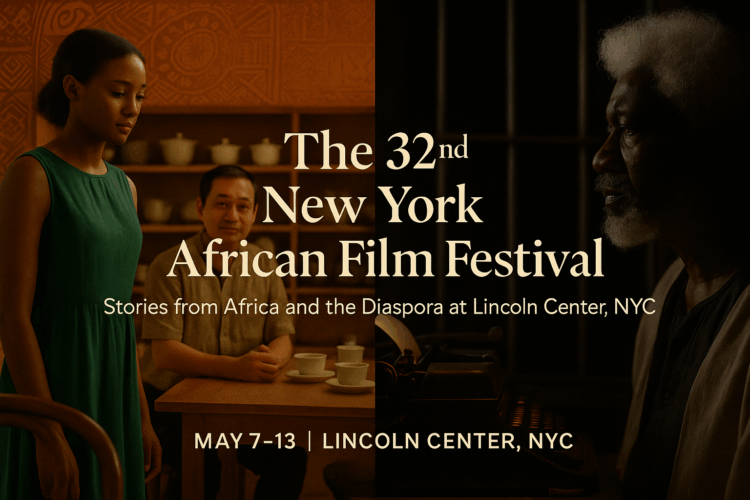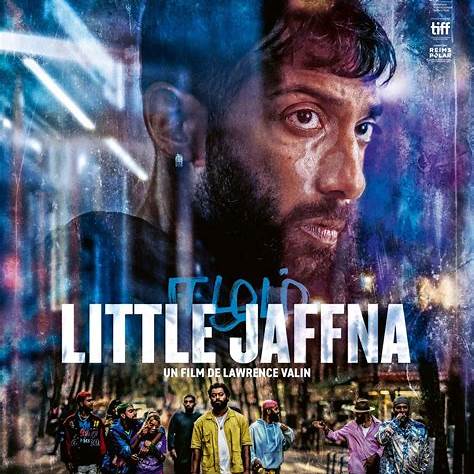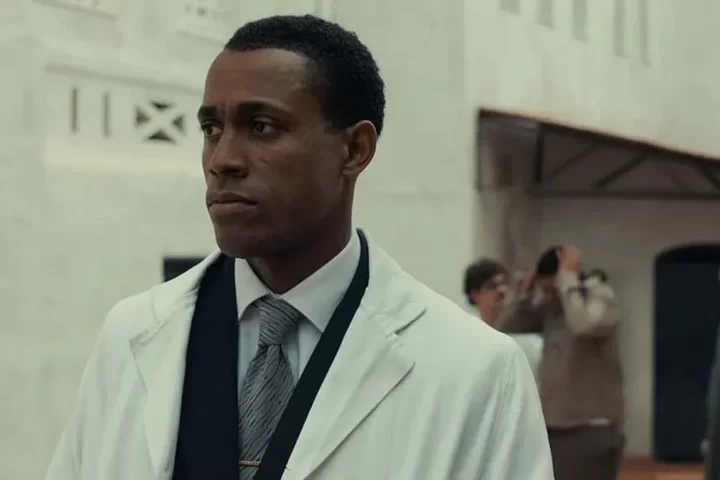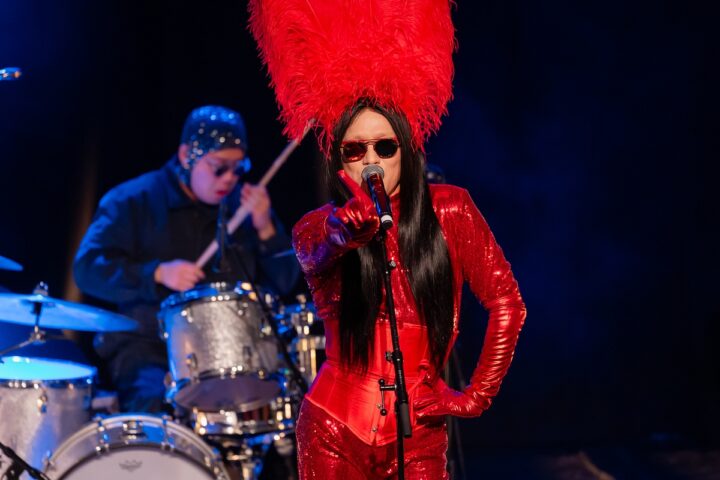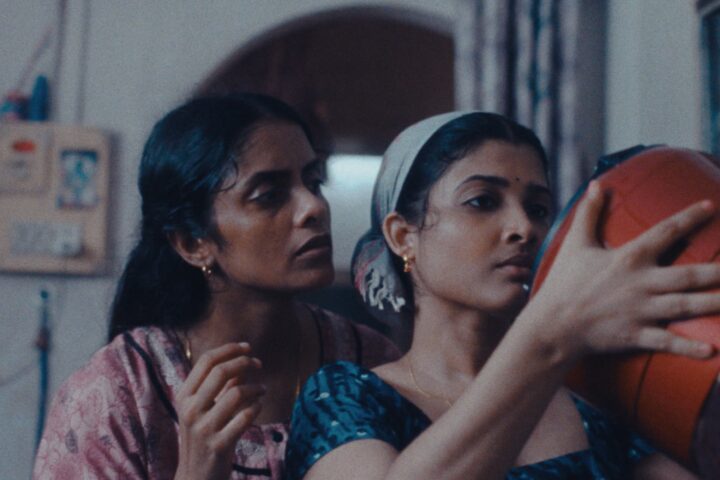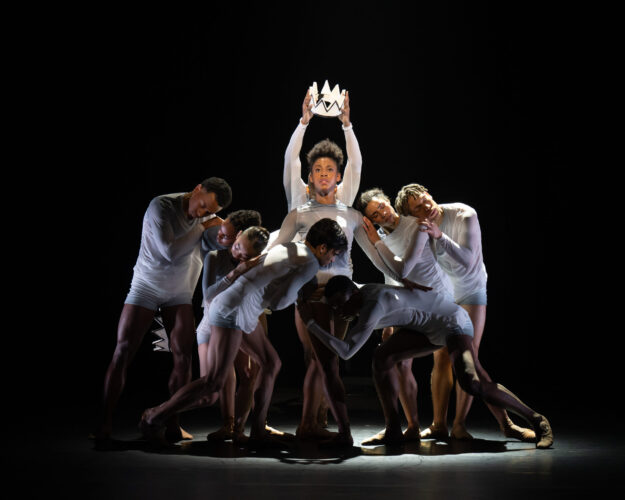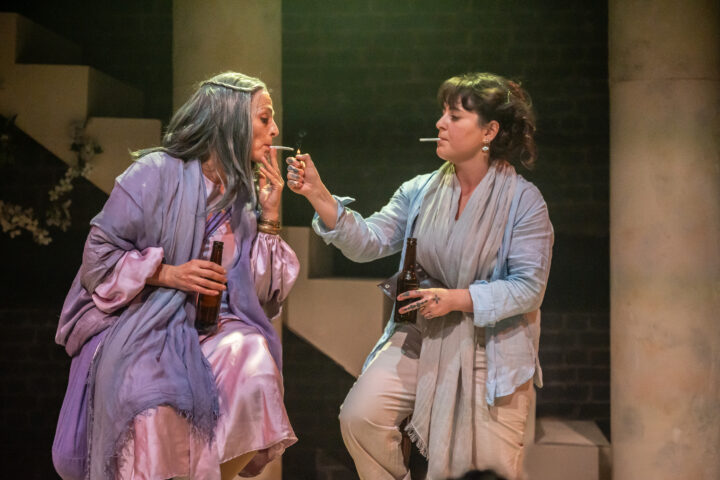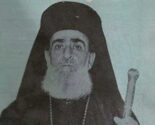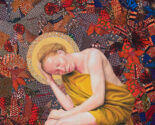One of the world’s most relaxed film festivals made its return to London this autumn. The BFI London Film Festival was back with its signature blend of high-profile world premieres and hidden indie gems. Below are a few of my personal festival highlights.
The Rye Horn
The Rye Horn is a Galician feature set during the final years of the Franco regime, a time when abortion was still illegal in Spain. The story follows a young pregnant woman who turns to Maria, a childless midwife who may possess the knowledge to perform an illegal abortion.
The film explores the consequences of a society in which women are stripped of autonomy over their own bodies—a society where motherhood is idealized to the point of becoming a compulsory role for all women. When a procedure goes tragically wrong, Maria is forced to flee, setting in motion a harrowing journey of survival.
Directed by Jaione Camborda, The Rye Horn is her second feature. Although rooted in a specific historical moment under a dictatorial regime, the film carries a striking relevance today amid the rise of anti-abortion laws in places like the United States and Poland. Through a distinctly female lens, The Rye Horn tells a powerful and timely story about choice, resilience, and resistance.
The Bride
The Bride is another standout feature in this year’s festival that centers on the lives of women. Set in post-genocide Rwanda, the film explores the trauma still haunting the country’s Tutsi community, where an estimated 500,000 to 800,000 people were slaughtered during the 1994 genocide. The story reveals a society grappling with wounds that remain raw, with pain that defies healing.
At its heart is Eva, a teenage girl eagerly awaiting news of her acceptance to a prestigious university to study medicine. But her future is abruptly derailed when she becomes the victim of a traditional practice in which young women are abducted by men seeking brides—men often driven to desperation by the devastation the genocide left behind.
Initially, Eva resists all efforts by her would-be husband to integrate her into his family. But as she uncovers the tragic history behind his life and losses, she finds herself torn—caught between the life she had planned for herself and the possibility of helping someone rebuild theirs.
Directed by Myriam U. Birara, The Bride is a poignant meditation on the legacy of war and the emotional terrain navigated by those left to pick up the pieces.
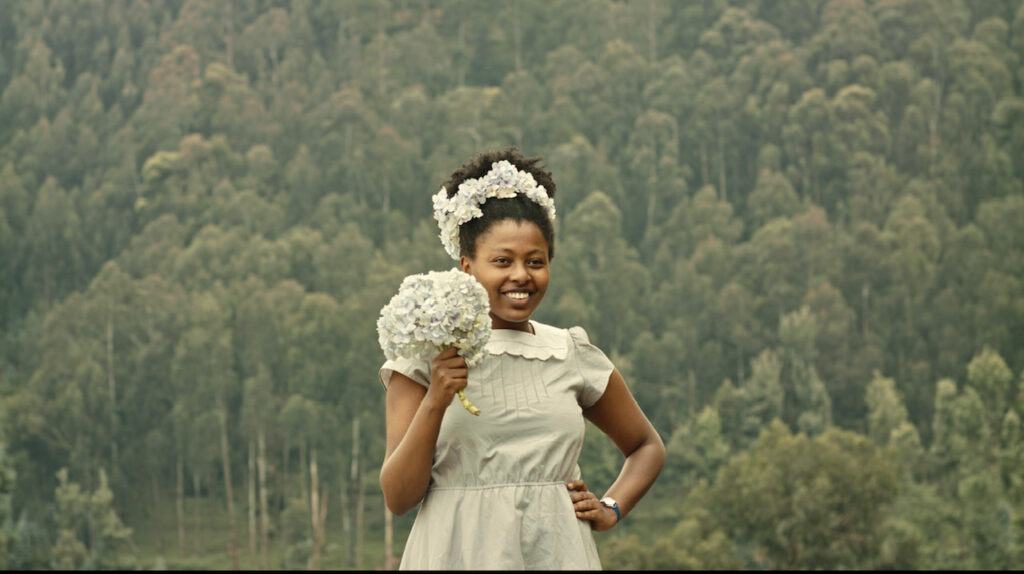
Mambar Pierrette
Mambar Pierrette also tells its story from a distinctly female perspective, offering an intimate look at a week in the life of Mambar, a single mother and highly regarded dressmaker in the coastal Cameroonian city of Douala. When she is robbed and her studio is suddenly flooded, Mambar finds herself in a desperate scramble to cover her family’s expenses.
Beautifully shot and sensitively written, the film is anchored by a quietly powerful performance from Pierrette Aboheu—who happens to be the director’s cousin. Mambar Pierrette shines a light on the precarious realities faced by many living in the Global South, while also celebrating the quiet, awe-inspiring resilience of women who persist in the face of continual hardship.
Unicorns & The End We Start From
Two standout British features at this year’s festival were Unicorns and The End We Start From—each offering powerful, emotionally resonant stories rooted in love, identity, and survival.
Unicorns is a haunting and tender portrayal of an unexpected love affair between a straight, white, working-class single father and a vibrant queer South Asian performer. Co-directed by husband-and-wife duo Sally El Hosaini and James Krishna Floyd, the film is a poignant celebration of sexual identity and gender fluidity. Following its screening, Floyd made an impassioned plea for humanity to move beyond divisive personal “hashtags,” warning that such fragmentation could threaten our ability to survive as a species.
The second British feature, The End We Start From, stars the phenomenal Jodie Comer in a chilling vision of climate catastrophe. On the day a young couple welcomes their newborn, the UK is hit by unprecedented flooding, triggering a complete collapse of social infrastructure. As the government fails to restore order or even provide basic necessities, the family is forced to flee the city and search for safety in the British countryside. Directed by Mahalia Belo, the film is a beautifully acted and deeply unsettling glimpse into a future shaped by climate inaction.
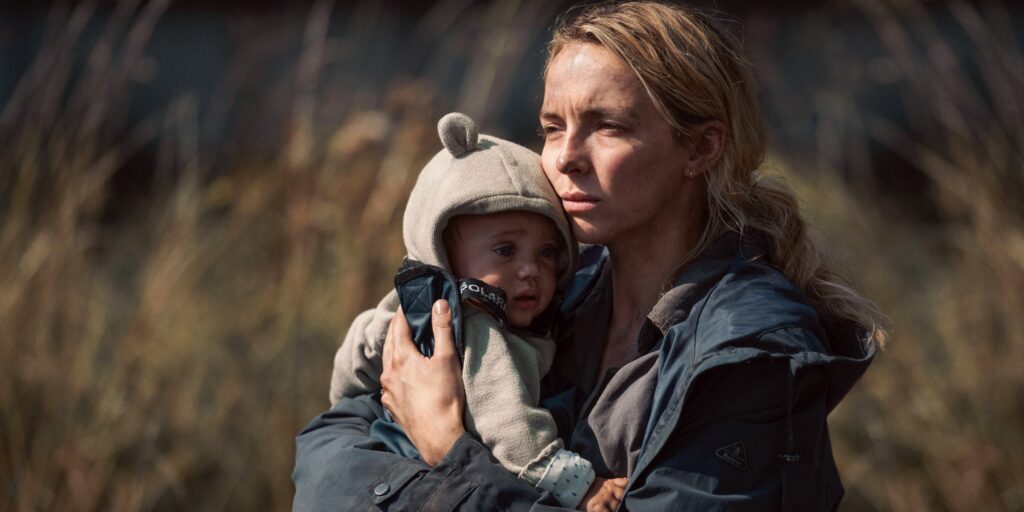
Kidnapped | By Marco Bellocchio
Kidnapped, directed by Italian auteur Marco Bellocchio, is a haunting historical drama based on a deeply disturbing true story. In 1851, six-year-old Edgardo Mortara, the son of a Jewish family, is secretly baptized by his Christian nanny during a bout of illness. When the child recovers, the nanny—convinced his survival was a result of the baptism—informs the Catholic Church. Under Church law, no baptized Christian could remain in a non-Christian household, and Edgardo is forcibly taken from his family.
He is placed in a Catholic boarding school for Jewish converts, where he is raised under the Church’s authority. Despite his parents’ relentless attempts to reclaim him, they are only granted a single visit during his childhood—a meeting in which Edgardo quietly confesses that he still recites Jewish prayers in secret.
The film charts the boy’s inner turmoil as he grapples with his identity, shaped under immense pressure from the Church. Kidnapped is a powerful and unsettling exploration of religious coercion and the enduring legacy of European anti-Semitism—a legacy that, as the film subtly underscores, continues to reverberate today.
Shoshana | By Michael Winterbottom
Shoshana explores the complex relationship between its title character—a fiercely independent Jewish journalist and daughter of left-wing Russian émigrés—and a liberal British officer stationed in British Mandatory Palestine. Shoshana’s family believes in the possibility of a multi-faith state, but as political tensions escalate and violence intensifies, including the targeted assassinations of British officials, both she and her lover are forced to take sides.
For those seeking historical context to better understand the current conflict in the Middle East, Shoshana offers a compelling starting point. One notable shortcoming, however, is the film’s near-complete omission of Palestinian voices. Palestinians appear only briefly, and largely as victims, with little narrative agency. Still, the film succeeds in illustrating the emotional and political cost of attempting to remain neutral in a deeply polarized environment.
At its core, Shoshana underscores the enduring tragedy of two traumatised peoples locked in a struggle over the same land—and the near-impossibility of walking a middle path between them.
This year’s festival was another triumph, offering a timely reminder that in an increasingly fractured world, one of the most powerful ways to seek understanding is through the stories we tell on screen. At their best, these films don’t just entertain—they invite us to see the world through someone else’s eyes, offering a glimpse of the other side of the story.
Michael Winterbottom interview on Shoshana at London Film Festival 2023
- Circles | Michael’s Story
- BFI London Film Festival
- BFI London Film Festival 2021
- Reiki: Give Your Health A Hand!
- The World through Egyptian Eyes
